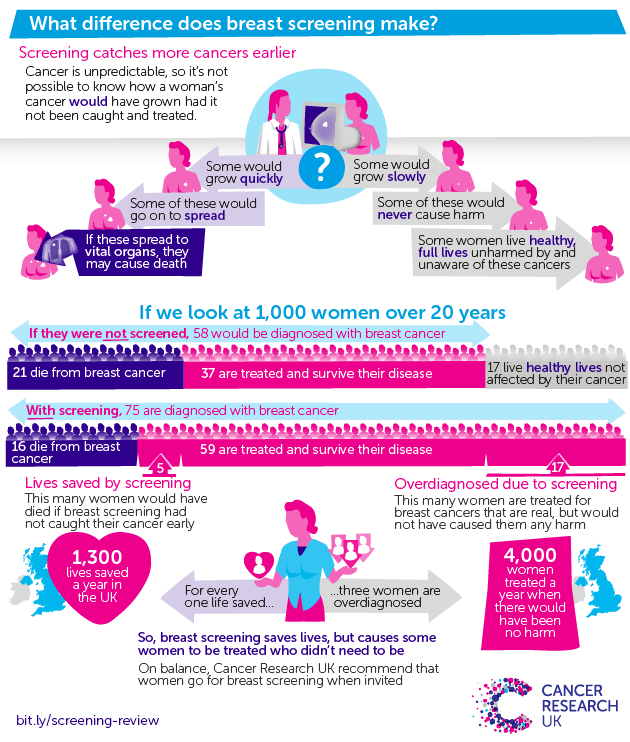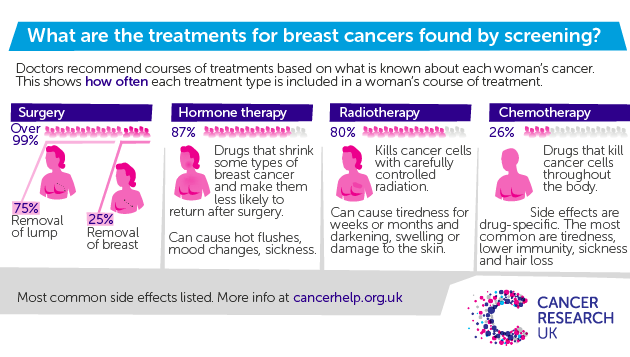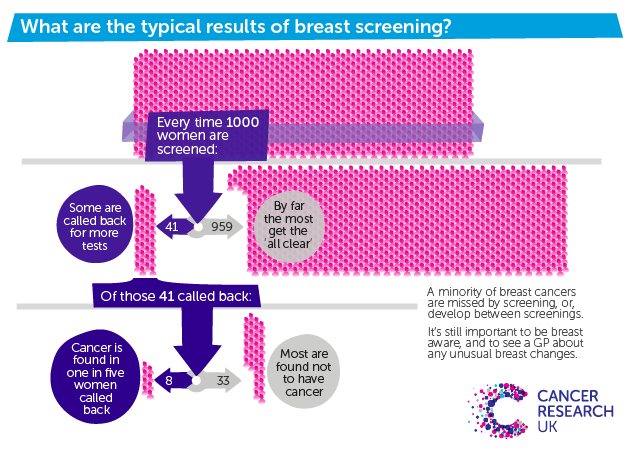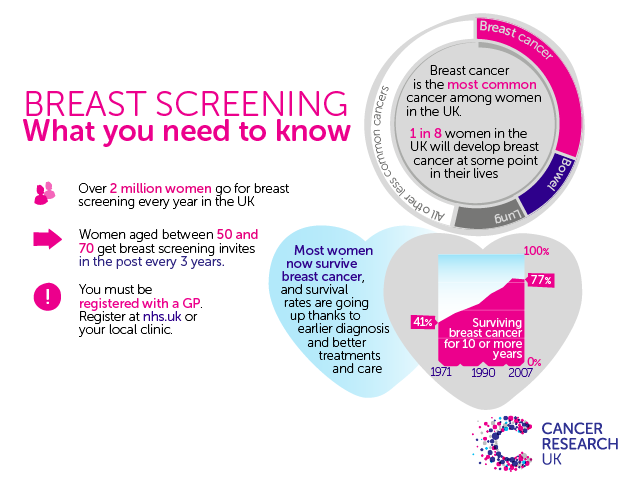Breast Cancer
For a long time I have fought hard to raise the awareness of breast cancer in the European Parliament. I have endeavoured to improve the standards of screening, monitoring and diagnosing breast cancer. For me, the issue is particularly personal and therefore I am always keen to assist in any campaign that fights against this devastating illness.
In June 2016, I hosted a roundtable discussion inside the European Parliament on the patient’s perspective, EU level policy changes and the approach of industry to metastatic breast cancer. This roundtable discussion also included a screening of “The Book is not yet finished” from the Dutch Breast Cancer Association, which presented the patient’s perspective of three Dutch women living with metastatic breast cancer.
Invitees to this discussion included the Director of the European Cancer Patients Coalition and Europa Donna, along with industry and Parliament representatives.
It was important to ensure the issue of metastatic breast cancer was kept firmly on the Parliament’s agenda and followed the successful 2015 European Parliament Written Declaration on the fight against Breast Cancer, which I worked to initiate.
This declaration represented an important step forward in the battle against this terrible disease and called for the following:
- Member States to implement nationwide breast screening, in accordance with EU guidelines
- Member States to provide multidisciplinary specialist breast units in accordance with EU guidelines by the 2016 deadline
- Member States to ensure that people with metastatic breast cancer have access to, and are treated in, a specialist breast unit (SBU) and that their ongoing needs for care and psychosocial services are co-ordinated and supported by the SBU, as per EU guidelines
- The European Commission Initiative on Breast Cancer (ECIBC) project to deliver an accreditation protocol for breast cancer services by 2016
I have also been keen to highlight the psychosocial needs of sufferers. In 2015, I highlighted how women who suffer from cancer perceive themselves and find their identity within society. I hosted an art exhibition, supported by Novartis Oncology, here at parliament called ‘I am not the cancer’, this sound and video installation by award-winning artists John Wynne and Tim Wainwright challenges public attitudes to the advanced form of breast cancer. Its focus was on women finding their place in society and the workplace.
In 2015, I also visited the Cancer Research Centre at the University of Leicester and got to witness their ground-breaking work.
The dedicated researchers I met in Leicester are working tirelessly to beat cancer sooner, offering families in the region and across the UK new hope. They focus on understanding the inner workings of cancer, finding new ways to prevent, diagnose and treat the disease. It was an honour to see their amazing work and out-standing facilities.
Around three people hear the devastating news they have cancer every hour in the East Mid-lands. The good news is Cancer Research UK’s life-saving work is helping to ensure more people are surviving than ever before.
Thanks to the generosity of its supporters, Cancer Research UK was able to spend around £2 million in Leicester in 2015 on some of the UK’s leading scientific and clinical research, and bring together the smartest minds from around 50 research groups and hospitals in Leicester.
If you wish to donate please to this worthwhile cause do so at this address: http://www.breastcanceruk.org.uk/



